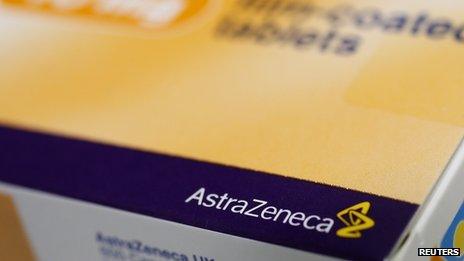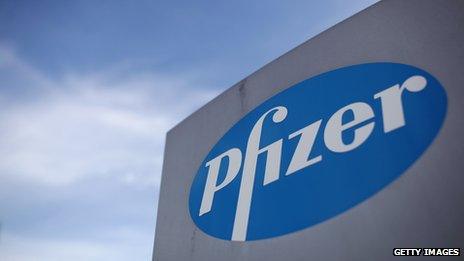The Cadbury deal: How it changed takeovers
- Published

The takeover of Cadbury by US based Kraft in 2010 prompted a revamp of the rules governing how foreign firms buy UK companies.
Many in the world of mergers and acquisitions felt that it had become too easy for foreign firms to buy UK rivals and the process had become a little murky.
The Panel of Takeovers and Mergers, external, which regulates this area reviewed the laws and in September 2011 changes were made to the Takeover Code.
Broadly it strengthened the hand of target companies, and demanded more information from bidders about their intentions after the purchase, particularly on areas like job cuts.
That became a big issue when Kraft bought Cadbury.
Just a week after promising to keep Cadbury's Somerdale factory, near Bristol open, Kraft backtracked and said it would close the plant.
Kraft later defended itself by saying that when it had more information it realised it was not "feasible to keep Somerdale open".
So changes to the takeover code mean Pfizer has given more detail about its intentions for AstraZeneca if the deal were to happen.
Here are some of the key areas of the takeover process that were amended after the Cadbury deal.


Under 2011 changes to the takeover code, bidding firms are required to give more information about their intentions towards the firm after the takeover.
That includes potential repercussions for jobs and assets like factories. The bidder also has to offer information about the locations of company headquarters.
Pfizer has pledged that if the deal went ahead, 20% of the combined company's R&D workforce would be based in the UK.
The US firm said its commitments would be valid for five years, unless circumstances changed significantly.
Salmaan Khawaja is a corporate finance director, at Grant Thornton and worked at the takeover panel for two years. "The way Pfizer is conducting itself is very different from the way Kraft was perceived to have operated," he said.
He says Pfizer's behaviour is not just about complying with the revised rules.
"They don't want to be seen as a predator going after a UK brand aggressively".
Changes in 2011 also gave greater prominence to the views of employees. Representatives of the staff of the target company can give their views on the takeover.


Changes to the Takeover Code require target companies to name who is interested.
Previously bidding companies could hide behind anonymity, which strengthened their position.
This is not a particularly big issue in the current Pfizer bid.
Although Mr Khawaja notes that Pfizer has offered a lot of detail about its possible bid.
"They could have put out a few sentences and stopped there, it shows they have put in a lot more groundwork," he says.
Mr Khwaja thinks that kind of detail could serve a purpose.
"It could be helpful in conversations with shareholders... it could flush out their thoughts," he said.
"Though, of course, the shareholders would get the opportunity to decide on the merits of the bid if and when a formal offer is made," he added.


In 2011 deal protection measures were banned. Previously bidding companies could insist on an inducement fee - a payment which would be lost if the deal fell through.
It would typically be 1% of the offer value and were a feature of most big deals.
The banning of those payments, boosts the position of target companies and in this case AstraZeneca.